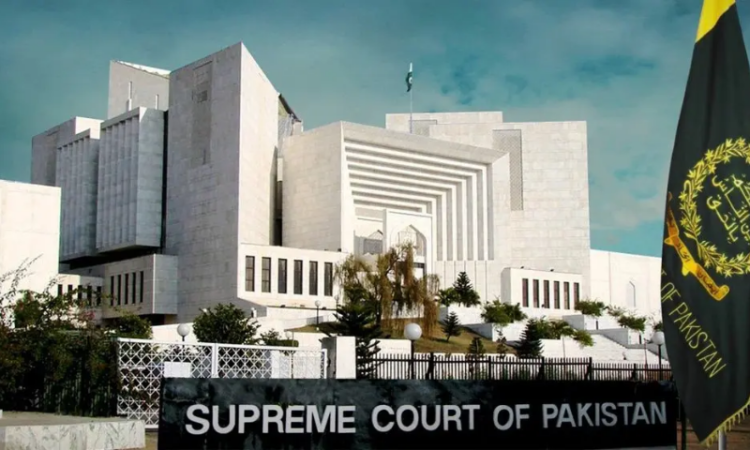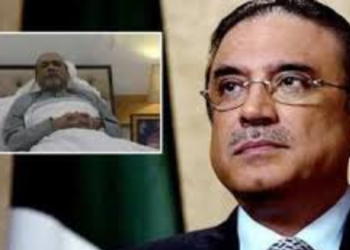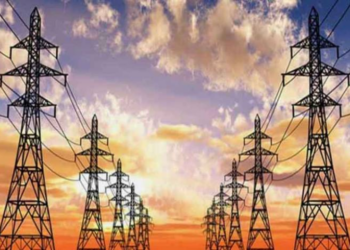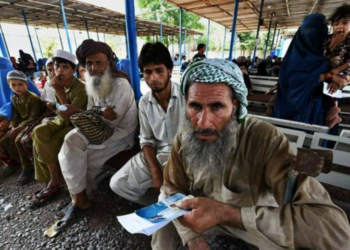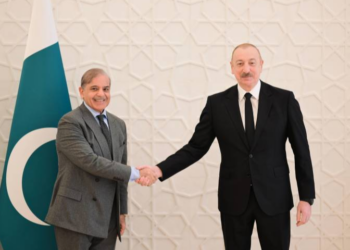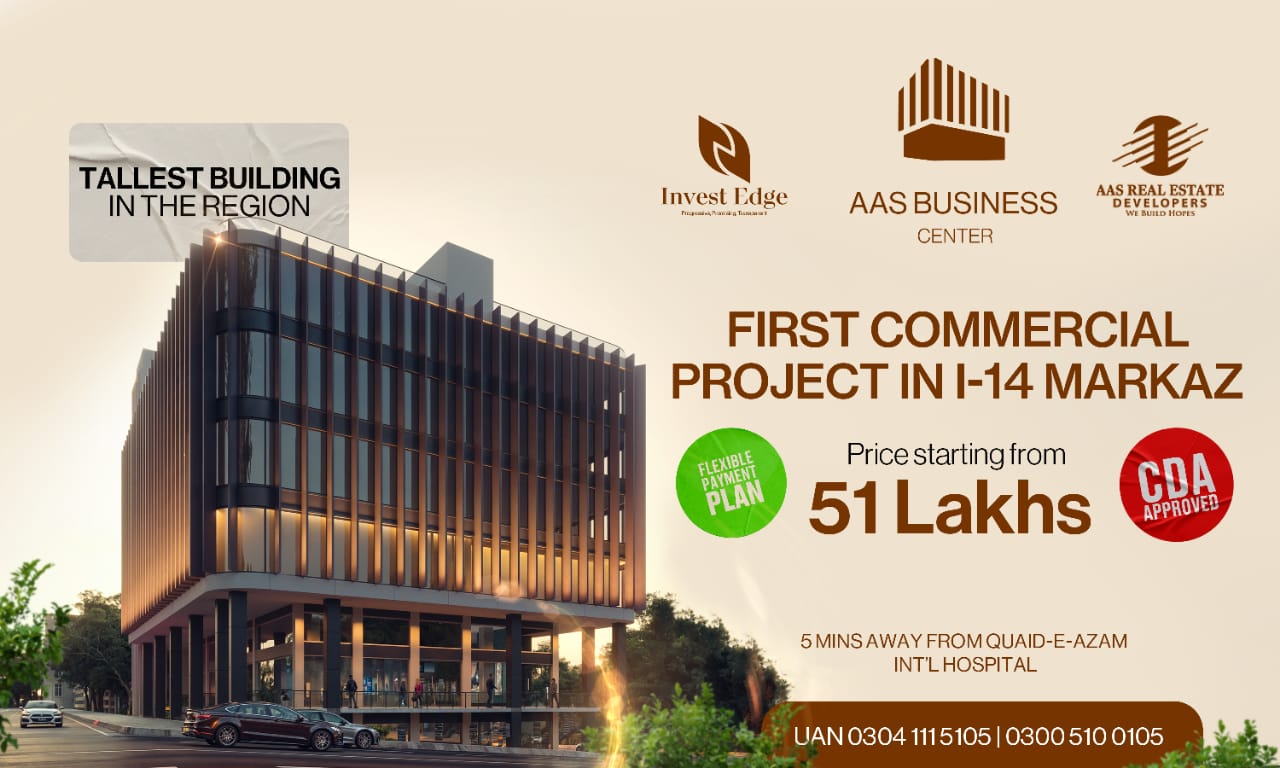Islamabad, March 11, 2025: The Supreme Court raised concerns on Tuesday over the continued imposition of the super tax, initially introduced for a specific purpose. Justice Muhammad Ali Mazhar questioned whether the tax, which was meant to be temporary, would now continue indefinitely.
A five-member constitutional bench, led by Justice Amin-ud-Din Khan, heard the case. Prominent lawyer Makhdoom Ali Khan represented the companies challenging the tax.
During the hearing, Makhdoom Ali Khan informed the court that the super levy tax was introduced in 2015 through a Money Bill by the Pakistan Muslim League-Nawaz (PML-N) government. It was initially meant as a one-time measure to fund the rehabilitation of areas affected by Operation Zarb-e-Azb. However, instead of being phased out, it continued from 2015 to 2022.
He further noted that while the government had aimed to collect Rs80 billion, the exact amount of revenue generated remained unclear. Khan urged the court to seek details from the government regarding the total collection and utilization of the tax.
Justice Jamal Khan Mandokhail inquired whether any records existed regarding the revenue collected under the super tax. Khan responded that no finance minister had ever disclosed the recovery or expenditure of the tax in any official speech.
Justice Mandokhail pointed out that the super tax was imposed for the rehabilitation of those affected by military operations and noted that terrorism remains a daily challenge. He questioned the total number of displaced persons, the specific areas affected by the military operation, whether the government had prepared any rehabilitation plans (PC-1) for resettling displaced persons and whether cost estimates had been calculated.
Additionally, he raised concerns about whether taxes on services could be imposed through a Money Bill.
In response, Makhdoom Ali Khan argued that since income tax was already levied on revenue, imposing an additional super tax amounted to double taxation. He also pointed out that social welfare had been devolved to provinces, making the super tax essentially another form of taxation rather than a welfare fund.
Justice Mazhar reiterated that the super tax was originally introduced for a specific purpose and questioned its continued enforcement without a clear justification. Justice Amin-ud-Din Khan also raised concerns about how funds from the national consolidated fund were being spent without provincial consent.
Defending the tax, Federal Board of Revenue (FBR) lawyer Raza Rabbani argued that the war on terrorism is ongoing and that victims of terrorism continue to be displaced due to counterterrorism operations. However, Khan countered this claim by asking whether the government believed terrorism had ended in 2020, as it had stopped collecting the super tax that year.
Following the arguments, the Supreme Court adjourned the hearing until Wednesday (March 12, 2025).
It is worth noting that the PML-N government introduced the super tax in 2015, imposing it on wealthy individuals, associations of persons, and companies earning over Rs500 million. The tax structure included 4% levy on banking companies and 3% levy on other sectors
The revenue was intended to fund the rehabilitation of temporarily displaced persons, but questions over its long-term use and transparency remain unresolved.


